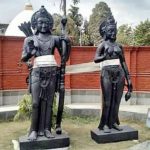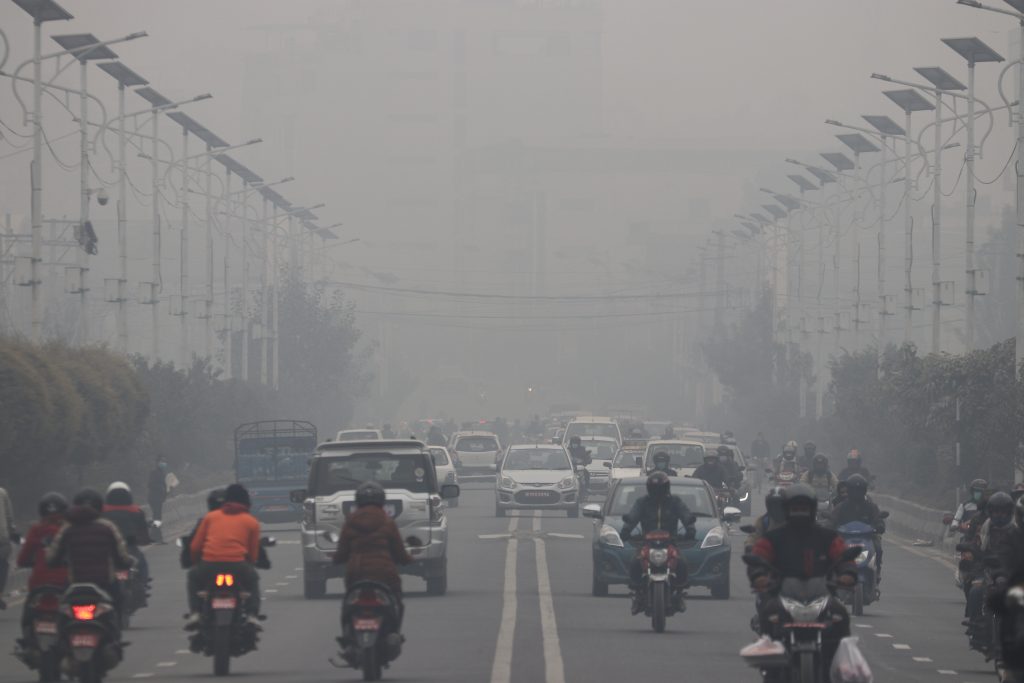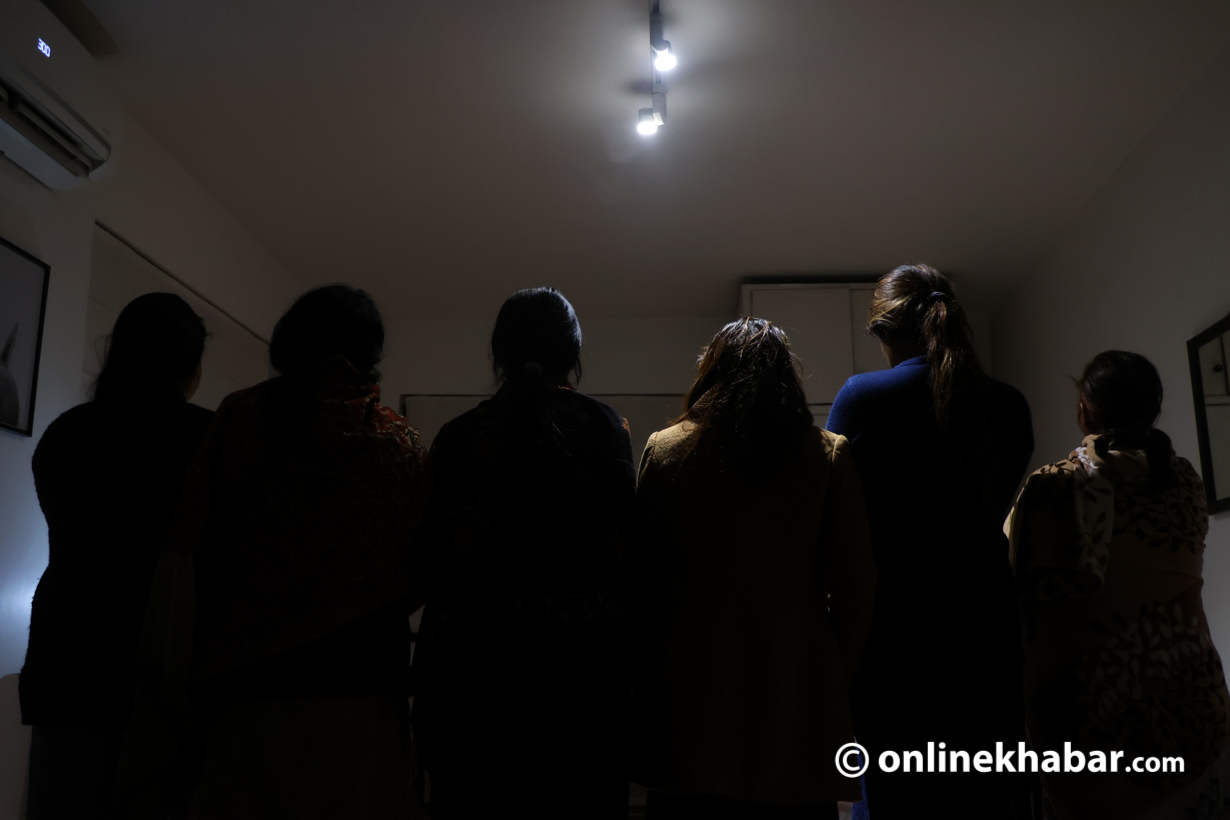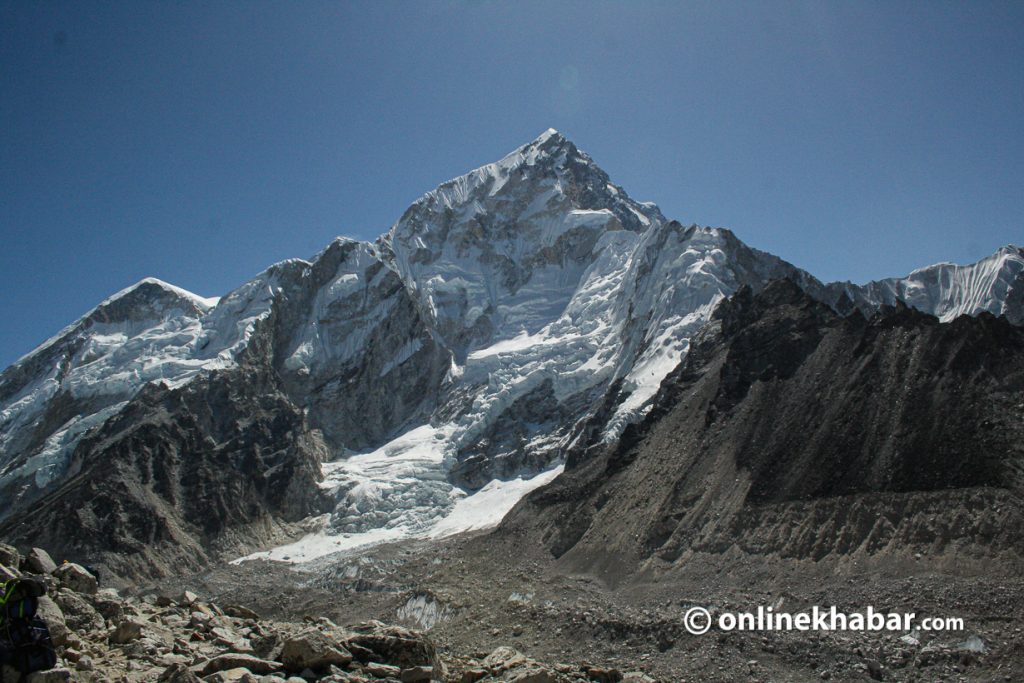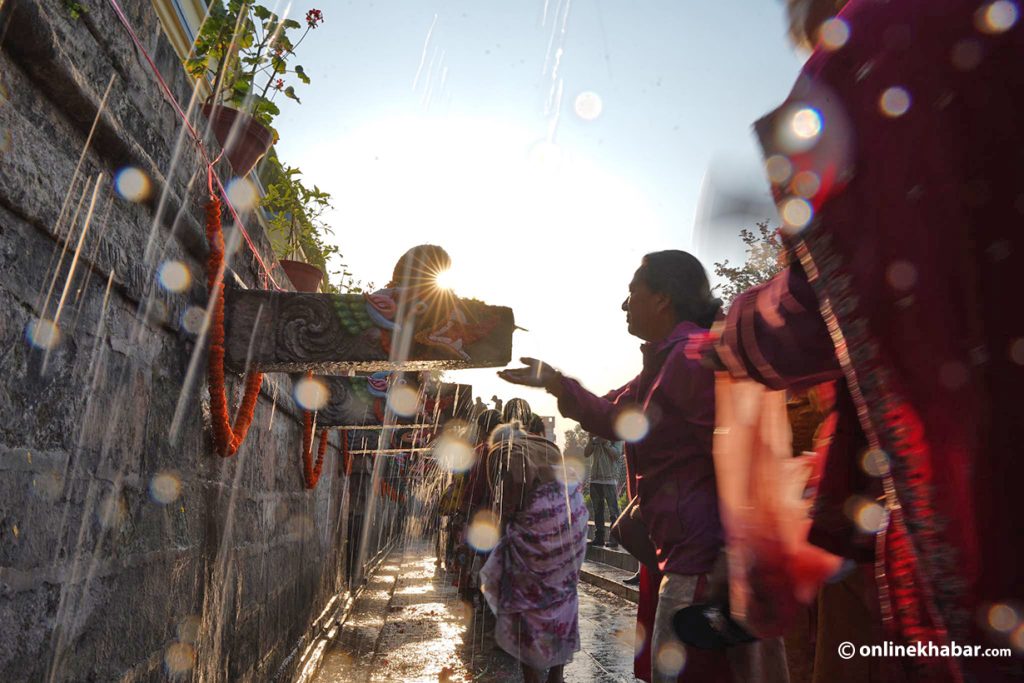
On February 1, 2005, Nepal’s then monarch Gyanendra Shah dismissed Prime Minister Sher Bahadur Deuba and assumed state powers promising that the country would return to ‘normalcy’ within three years. This was the second time that the ‘constitutional monarch’ had taken over as the chief executive of the country. In October 2002, he dismissed Deuba for failing to conduct elections; the Maoist insurgency was at its peak then.
During 2002-2005 Shah chose and subsequently dismissed three prime ministers. He accused them of failing to hold elections and bring then rebels to talks. He dismissed Deuba again and took over as absolute ruler in 2005. The US believed that Shah’s actions were “a direct snub to New Delhi,” especially in light of India’s repeated requests not to take such a course.
The events unfolding next door had the Indian foreign ministry in jittery, US diplomatic cables released by WikiLeaks show. According to a cable sent by then US ambassador to India David C Mulford, then Indian foreign secretary Shyam Saran had warned the US that New Delhi could consider resorting to ‘unpopular decisions’ if there is mass agitation in Kathmandu and the Royal Nepalese Army ‘over-reacts.’

However, according to the cable, Saran did not give details on the ‘unpopular’ decisions India was considering. Saran (pictured right) told the US ambassador that the Nepali Army had a poor human rights record, and it could overreact to protests in Kathmandu.
Mulford reported to Washington that New Delhi had received signals that Gyanendra would act late on January 31. “Underlining India’s concern with the unfolding situation, Prime Minister Manmohan Singh and his foreign affairs team reportedly met early on February 1 to review the situation and craft a response,” Mulford reported.
New Delhi wanted Washington onboard
During the Indian blockade on Nepal following the promulgation of the new constitution in September 2015, New Delhi actively sought support from the West, especially the UK and the EU on its stance on Nepal. The issue of Nepal’s constitution was mentioned in the joint communique issued during Prime Minister Modi’s visit to London and then to Brussels. Analysts believe that New Delhi has always wanted the West to look at Kathmandu through its eyes, and to follow India’s lead on issues related to Nepal.
Saran’s message to ambassador Mulford on February 1, 2005 was also along similar lines. Saran called Mulford in the afternoon of February 1, just a few minutes after New Delhi had issued its ‘unusually strong’ statement on the royal coup. According to the cable, Saran urged the US to generate a reinforcing message from Washington.
Sop to the Chinese
Mulford in his cable said, “As one of our contacts noted, Gyanendra’s decision to sack the Deuba government was “a
direct snub to New Delhi” especially in light of India’s repeated requests that the King avoid such a course.”
He attributes the same contact as saying that Gyanendra wanted to line up support from Beijing in the event that New Delhi took a hard line on his actions. The US believed that Gyanendra’s decision to shut down the Dalai Lama’s office in Nepal was aimed at currying favour from Beijing.
But all Beijing did was issue a statement saying the “matter was internal to Nepal”.












